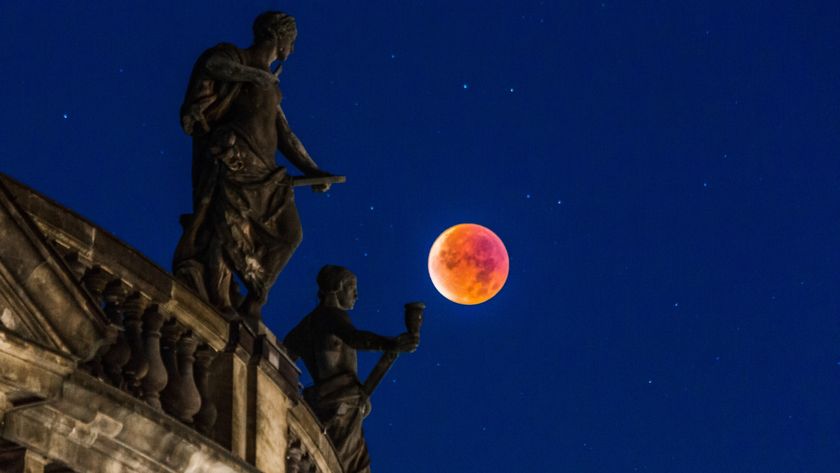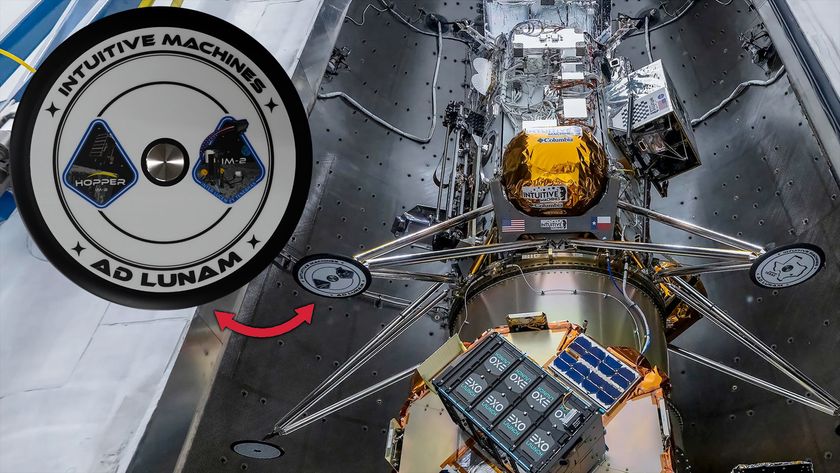Best Night Sky Events of October 2015 (Stargazing Maps)
First Quarter Moon, October 2015
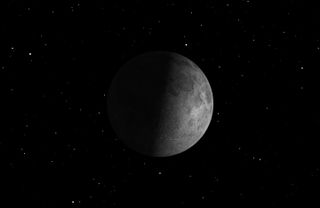
Tuesday, October 20, 4:31 p.m. EDT. The First Quarter Moon rises around 2:15 p.m. and sets around 12:30 a.m. It dominates the evening sky.
Double Shadow Transit on Jupiter, Oct. 25, 2015
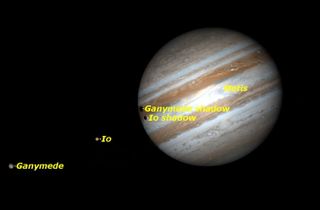
Sunday, October 25, 8:36–10:53 a.m. EDT. Shadows of Io and Ganymede enter Jupiter's disk simultaneously, but Io's shadow completes the transit by 10:53 while Ganymede's takes over an hour longer. Best viewed in western North America.
Venus at Greatest Elongation West, October 2015
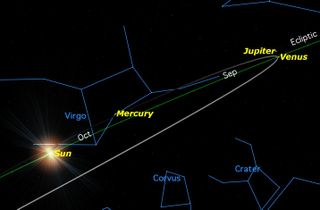
Monday, October 26, 3 a.m. EDT. Venus will be 46 degrees west of the sun.
Venus Near Jupiter, October 2015
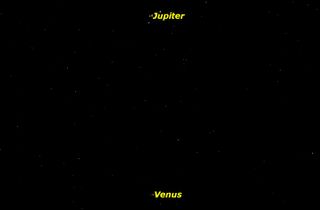
Monday, October 26, 4 a.m. EDT. Venus will pass close to Jupiter.
Moon Near Uranus, October 2015
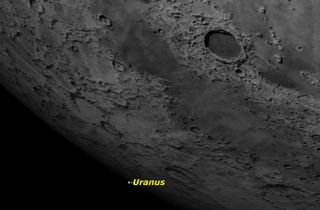
Monday, October 26, 6 a.m. EDT. The moon will occult Uranus as seen from New Zealand and French Polynesia. Here as seen from Auckland.
Moon at Perigee, October 2015
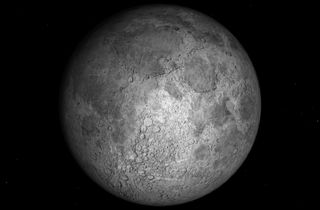
Monday, October 26, 9 a.m. EDT. The moon will be at its closest to the Earth this month. Expect high tides for the next four days.
Full Moon, October 2015
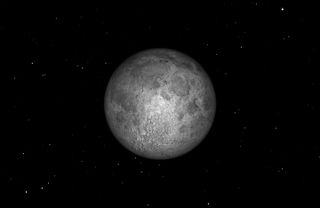
Tuesday, October 27, 8:05 a.m. EDT. The October Full Moon is known as the Hunter's Moon or Blood or Sanguine Moon. It rises around sunset and sets around sunrise; this is the only night in the month when the moon is in the sky all night long. The rest of the month, the moon spends at least some time in the daytime sky.
Get the Space.com Newsletter
Breaking space news, the latest updates on rocket launches, skywatching events and more!
Moon Near Aldebaran, Oct. 29, 2015
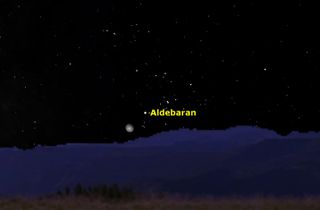
Thursday, October 29, 8:30 p.m. local time. The moon again passes close to Aldebaran.
Mercury, October 2015
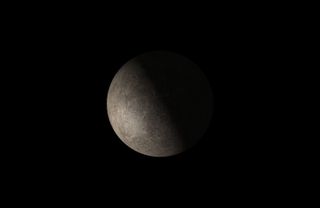
Mercury is well placed in the morning twilight for the most of the month. This apparition is more favorable for observers in the Southern Hemisphere.
Venus, October 2015
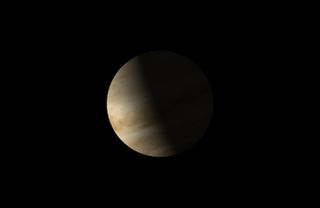
Venus is reaches its greatest western elongation from the sun on the 26th.
Join our Space Forums to keep talking space on the latest missions, night sky and more! And if you have a news tip, correction or comment, let us know at: community@space.com.

Geoff Gaherty was Space.com's Night Sky columnist and in partnership with Starry Night software and a dedicated amateur astronomer who sought to share the wonders of the night sky with the world. Based in Canada, Geoff studied mathematics and physics at McGill University and earned a Ph.D. in anthropology from the University of Toronto, all while pursuing a passion for the night sky and serving as an astronomy communicator. He credited a partial solar eclipse observed in 1946 (at age 5) and his 1957 sighting of the Comet Arend-Roland as a teenager for sparking his interest in amateur astronomy. In 2008, Geoff won the Chant Medal from the Royal Astronomical Society of Canada, an award given to a Canadian amateur astronomer in recognition of their lifetime achievements. Sadly, Geoff passed away July 7, 2016 due to complications from a kidney transplant, but his legacy continues at Starry Night.
